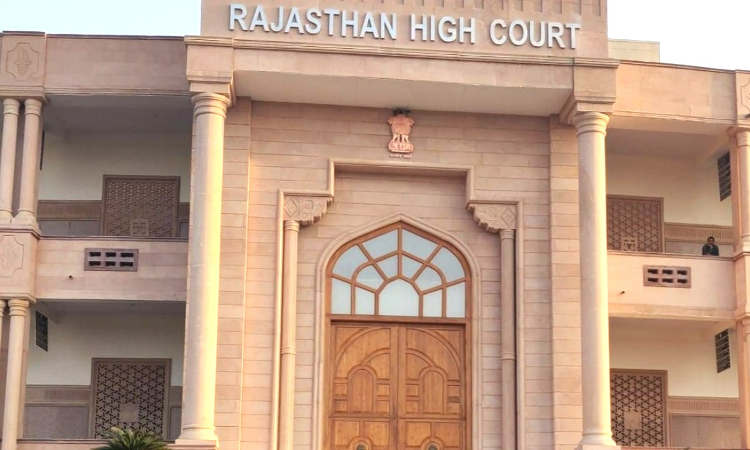Can't Deny Compassionate Appointment To Child Born From Second Wife Of A Deceased Employee: Rajasthan High Court
Sparsh Upadhyay
11 Oct 2022 4:48 PM IST

Next Story
11 Oct 2022 4:48 PM IST
The Rajasthan High Court (Jodhpur Bench) has observed that a compassionate appointment cannot be denied to the child born from the second wife of the deceased employee. To arrive at the conclusion, the bench of Justice Kuldeep Mathur relied upon the Supreme Court's recent ruling in the case of Mukesh Kumar vs Union of India 2022 LiveLaw (SC) 205 wherein it was observed that a...
